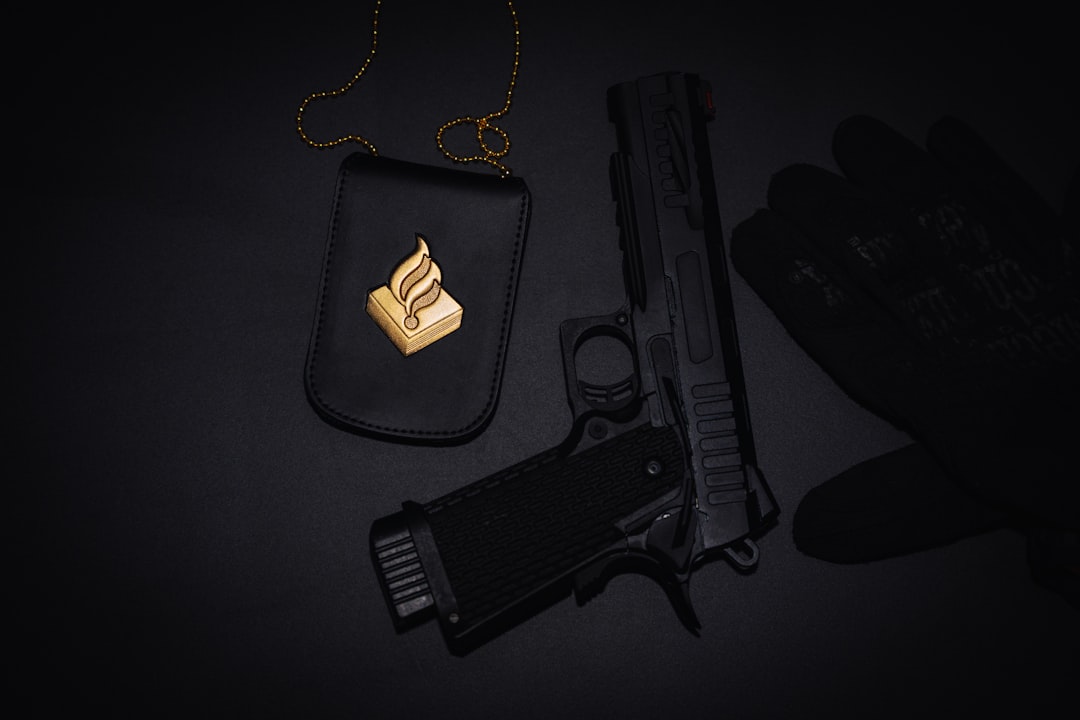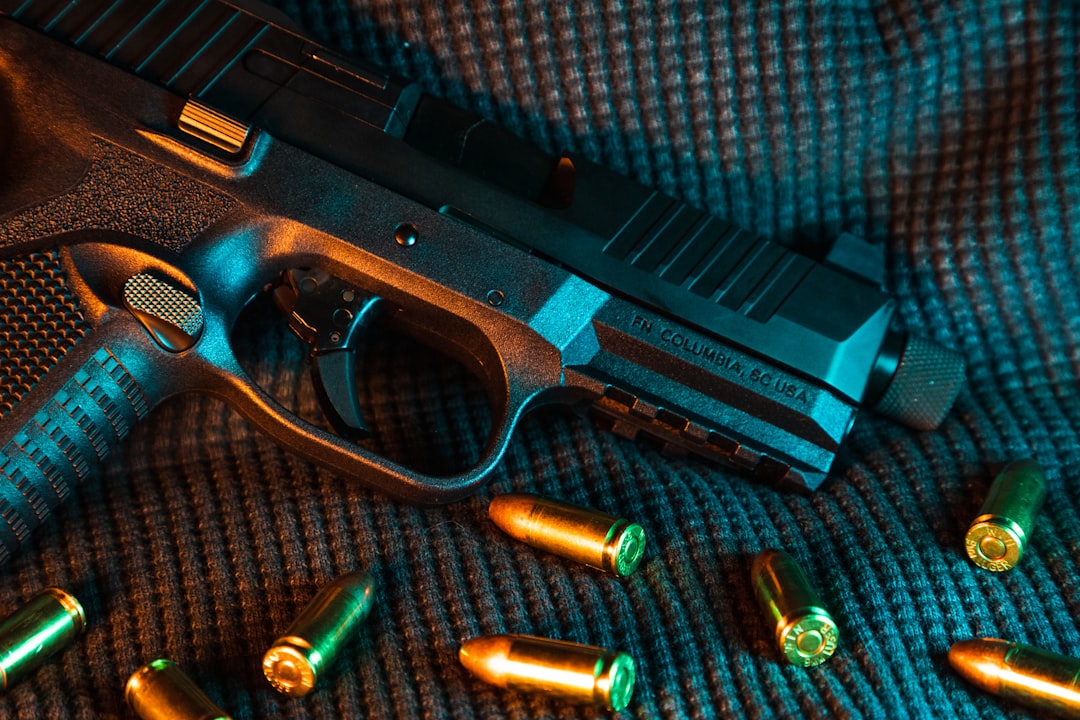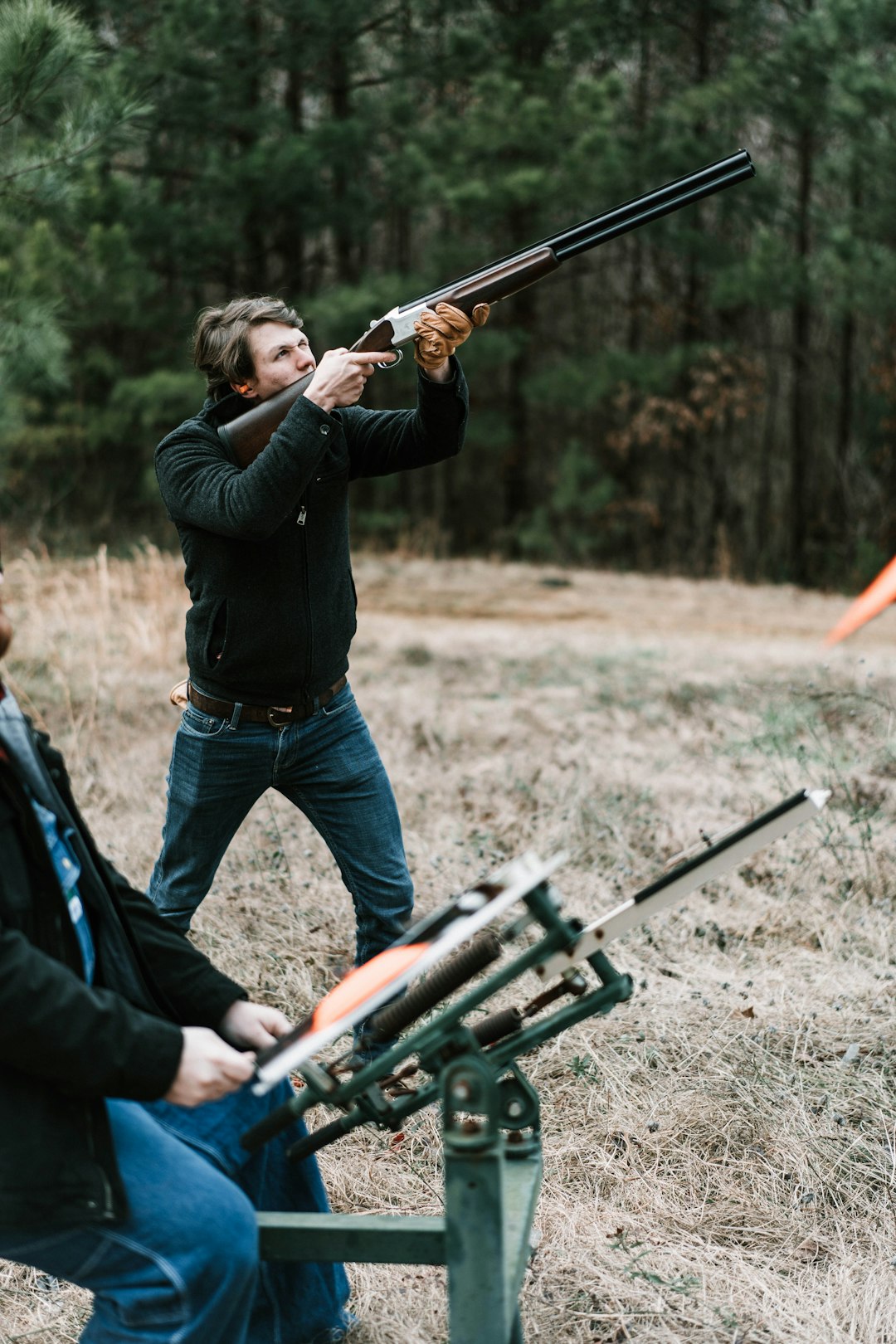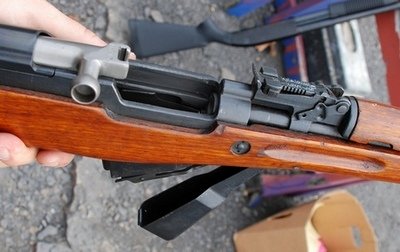When it comes to choosing the right firearm for hunting, there are a lot of things you need to take into account.
You’ll want to make sure the weapon is suitable for the animal you’re hunting, as well as the terrain where you will be pursuing them.
You’ll also need to check all applicable regulations and laws in your state or province before making your purchase.
In this article, we will discuss some of the most important factors to consider when choosing a firearm for hunting.
Table of Contents
Toggle- Why It’s Important to Choose the Right Firearm for Hunting
- Choosing the Right Firearm and Ammunition is Critical When Hunting
- Breakdown of The 5 Things to Check Before Choosing a Firearm for Hunting
- 1. The game you will be hunting
- 2. Your personal hunting style
- 3. The terrain where you will be hunting
- 4. The weather conditions on the day of your hunt
- 5. What firearm is best for your body size and strength
- FAQ About Hunting Firearms
Why It’s Important to Choose the Right Firearm for Hunting
When you’re out in the field, you need to be confident in your equipment.
The last thing you want is for your firearm to fail you when you’re trying to take down an animal.
That’s why it’s so important to choose the right one for the job.
Choosing the Right Firearm and Ammunition is Critical When Hunting
When choosing a firearm for hunting, you need to make sure you meet any minimum legal requirements for caliber, gauge, or the amount of energy produced by the projectile.
Additionally, your firearm should be powerful enough to kill the game quickly and effectively.
It’s also important that the firearm fits you properly, and has the correct amount of recoil – usually moderate recoil so that you will practice more often and shoot more proficiently.
The ammunition you select for hunting depends on the type of game you plan to hunt. Most manufacturers recommend specific ammunition for each species.
For example, if you’re hunting deer, you’ll want to use ammunition that is designed to provide maximum expansion and penetration, while still maintaining a reasonable weight and velocity.
This ensures that your game is killed quickly and humanely.
Breakdown of The 5 Things to Check Before Choosing a Firearm for Hunting
Now that we’ve gone over some of the basics, let’s break down five of the most important factors to consider before choosing a firearm for hunting.
1. The game you will be hunting
The game you will be hunting is one of the most important factors to consider when choosing a firearm.
Different animals require different types of firearms, and using the wrong type of gun can make hunting more difficult and less successful.
For example, deer are best hunted with a rifle, while rabbits can be effectively hunted with a shotgun.
Squirrels can be hunted with either a rifle or a shotgun, but the size of the shotgun pellets makes it more difficult to cleanly kill a squirrel.
Knowing what type of game you will be hunting is therefore essential for choosing the right firearm.
2. Your personal hunting style
When it comes to choosing a firearm for hunting, personal hunting style is one of the most important factors to consider. Are you more of a stand hunter or a still-hunter?
Do you prefer to hunt in open country or thick brush? Each hunting situation requires different firearms.
For example, a stand hunter who typically hunts in open country might prefer a long-range rifle, while a still-hunter who stalking game in thick brush might prefer a shorter, more maneuverable shotgun.
By taking the time to consider your personal hunting style, you can choose the firearm that is best suited for your needs.
3. The terrain where you will be hunting
When it comes to choosing a firearm for hunting, the terrain where you will be hunting is one of the most important things to consider.
If you will be hunting in dense woods, for example, a shotgun might be your best bet. The spread of shot from a shotgun can help you take down a game even when visibility is limited.
If you will be hunting in open country, on the other hand, a rifle might be a better choice. The increased accuracy of a rifle can make it easier to take down game at longer distances.
No matter what kind of terrain you will be hunting in, though, it is important to choose a firearm that is well suited for the task at hand.
4. The weather conditions on the day of your hunt
The weather conditions on the day of your hunt are one of the things you need to take into account when choosing a firearm for hunting.
If it’s raining, for example, you’ll need a gun that can withstand being exposed to moisture. You also need to consider the temperature.
If it’s cold, you’ll want a gun that won’t freeze up. And if it’s hot, you’ll need a gun that won’t overheat.
Additionally, wind speed and direction are important factors to consider. A high wind can make it difficult to hit your target, so you may need a gun with more power.
Ultimately, the best way to choose a gun for hunting is to consult with a professional who can help you select the right weapon for the conditions you’ll be encountering.
5. What firearm is best for your body size and strength
When it comes to choosing a hunting rifle, there are many factors to consider. One important factor is your body size and strength.
A rifle that is too large or heavy for you may be difficult to handle, making it difficult to take an accurate shot.
Conversely, a rifle that is too small may not have the power you need to take down your prey. As such, it is important to choose a rifle that is the right size and weight for your body.
In addition to size and weight, you also need to consider the caliber of the rifle. A larger caliber bullet will have more stopping power, but it will also be more difficult to control.
As such, it is important to find a balance that suits your needs. With so many factors to consider, choosing the right hunting rifle can be a daunting task.
However, taking the time to find the right firearm for your body size and strength will help ensure a successful hunting trip.
Conclusion
Choosing the right firearm for hunting is a big decision.
You need to take into account the animal you’re planning on hunting, as well as the terrain and regulations in your area.
By taking the time to do your research, you can be sure you’re choosing the best possible weapon for the job.
FAQ About Hunting Firearms
Below are some frequently asked questions about hunting firearms.
Q: What is the best caliber for deer hunting?
A: The best caliber for deer hunting depends on a number of factors, including the size of the deer and the terrain you’ll be hunting in.
Q: What is the best shotgun for home defense?
A: The best shotgun for home defense depends on your personal preferences and needs.
Q: What is the best AR-15 for hunting?
A: The Big Horn Armory AR500 is a great choice for hunting. It is a powerful rifle that is also accurate and easy to handle.
Q: What is the best bolt-action rifle for deer hunting?
A: The Ruger American Rifle is a great choice for deer hunting. It is accurate and reliable, and it can be fitted with a scope for long-range shots.
Q: What is the best air rifle for hunting?
A: The Gamo Silent Stalker Air Rifle is a great choice for hunting. It is powerful and accurate, and it has a silencer to help reduce noise.
No matter what kind of firearm you choose for hunting, make sure you are familiar with the weapon and comfortable using it before heading out into the field.
Q: What are some non-profits or organizations that focus on helping preserve hunting?
A: The National Rifle Association (NRA) is a non-profit organization that works to protect the rights of hunters.
The NRA offers hunter education courses, sponsors youth programs, and lobbies for pro-hunting legislation.
Another organization that focuses on preserving hunting is the Safari Club International (SCI).
The SCI is a membership organization that works to protect the rights of hunters and promote sustainable use of wildlife resources.
If you’re interested in helping preserve hunting, consider joining one of these organizations or others like them.
Q: What are some tips for choosing the right hunting gear?
A: When choosing hunting gear, it is important to consider the climate and terrain you’ll be hunting in.
You’ll also want to make sure you have the proper licenses and permits for the area you’re planning on hunting.
In addition, it is important to choose gear that is comfortable and easy to use.
By taking the time to choose the right hunting gear, you can be sure you’re prepared for a successful hunt.






